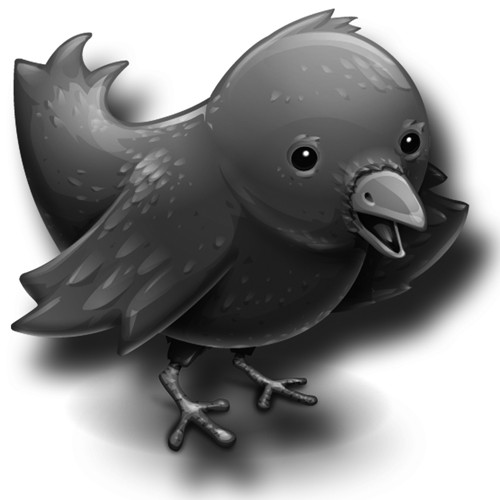
Twitter was the last word many people expected to hear while sitting in a room filled with professionals in the field of public relations. However, at the monthly Public Relations Society of America Luncheon, Twitter was mentioned at least a dozen times. Instead of telling others to contact them from their Web site, they were merely instructed to follow them on Twitter.
Many questions have been raised about whether or not Twitter is a useful tool. Some see it as a tool to keep friends updated, whereas others, like sophomore corporate communications and public affairs major Taylor Reed, see it as a tool “to keep up with the news.”
Does Twitter have a role in the professional world?
Steve Lee, the chairman and chief pathfinder of Quicksilver Interactive Group Inc., claims that paying attention to others’ tweets can help businesses. He explained that it gives their consumers a voice and assists the company in understanding public feelings about a certain product.
Quicksilver Interactive Group is a marketing firm that focuses on technology maximizing its clients’ business. The Quicksilver Web site has its latest tweets on the sidebar. This is one way that Twitter enables simple and effective communication in the professional world.
CCPA professor Christy Baily-Byers explained that there are uses for Twitter, other than to see what your friends are doing.
“[Twitter] can be used for research to gauge trends, to monitor crucial issues in an industry and to identify stakeholders and gain insights into their opinions and value,” she said.
Often Twitter users ask for responses to questions about products and even offer deals to dedicated followers. Lee sees Twitter as a useful tool, not only for professionals, but also for students. He says that he has seen some professors use Twitter to keep students updated on noteworthy articles and create discussion groups as a result.
In addition to communication with teachers, Twitter also allows students to keep up with potential employers. Sitting in an interview and being able to ask about the company’s current events could mean a new job. ‘Following’ these employers could show that you are dedicated to what their organization is doing.
Students are constantly warned to be careful of what goes up on Facebook and the same could go for Twitter, according to Baily-Byers.
Students will want to tweet in a professional manner,” she said, “employers do check the social media before making a hire. More than one professional in the Dallas market has shared stories of not hiring employees after seeing their Facebook pages, tweets or blogs.”
She hopes that students understand that any photographs with drugs, alcohol, or inappropriate clothing could be potential grounds for not being hired.
“Students should understand that what they put out on Facebook and Twitter, both words and images, will live forever,” Lee said. “They may be confronted with what they post up now in future years when they are interviewing for a job.”
How long is the life of Twitter?
After only a few years, user activity on other social network sites, such as Xanga and Myspace, went relatively dormant. The question is if Twitter is headed to the same demise.
“Like the proverbial cat, we haven’t even begun to see the many lives of Twitter,” Lee said. “Will it die? No, perhaps never.”
He went on to explain that it enables us to keep up with friends, and ‘follow’ our favorite celebrities. Twitter has a wide variety of uses that we have only begun to explore.
There are still those who are opposed to Twitter. They deem it as useless, and have difficulty seeing its purpose when there are other ways to get the same information Twitter posts. Chris Howdeshell, a junior mechanical engineering major, says, “its unnecessary to follow people around all the time. It’s just creepy.”








